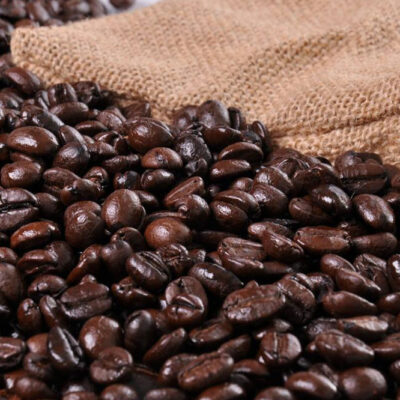
Signs and Symptoms of Lymphoma
Lymphoma is a type of cancer that originates in the lymphocytes, which are the cells in the immune system that fight against diseases. In a person suffering from lymphoma, the lymphocytes grow and change in an uncontrolled manner. Besides medication and other treatments, the food you eat plays a key role in recovering from diseases like these, which we’ll discuss further below. However, first let’s review the signs and symptoms of lymphoma:
Itchy Skin
Reports indicate that approximately a third of Hodgkin’s lymphoma patients experience itchy skin and rash due to chemicals in the skin, known as cytokines, which are triggered to fight off cancer cells
Fever
Common in cancer patients in general, low-grade fever can come and go gradually in lymphoma patients, particularly if infection is present.
Pain and swelling of the lymph nodes
This typically occurs in the lymph nodes of the groin, armpits, or neck.
Breathlessness
Also known as shortness of breath may occur with lymphoma due to
Night sweats
Many patients with Hodgkins lymphoma experience night sweats so severe that they drench the sheets, pillows, and nightclothes through.
Diet for lymphoma
The right diet can boost your overall physical and mental wellbeing and help your body repair its damaged cells. Foods that help manage lymphoma can also help patients tolerate high doses of chemotherapy as the treatment method drains one physically and causes multiple side-effects too. Some of the foods you should include in your diet are as follows:
- Rice, potatoes, and bread
Rice, potatoes, bread, and pasta are popular examples of carbohydrate-rich foods that help manage lymphoma. Carbs are the body’s main source of energy and help fight the fatigue and tiredness that comes along with cancer treatment. For a healthy, high-fiber option, you should always choose wholegrain or wholemeal varieties. - Ginger and peppermint
Chemotherapy can trigger bouts of nausea. This is a common side effect and can reduce the patient’s quality of life. It can also lead to dehydration and malnutrition. Giger and peppermint are natural anti-nausea agents that can help fight this side effect. They can be used to flavor foods or made into tea. - Salmon and mackerel
Fish is a lean meat that is packed with proteins and healthy fats. Proteins play a key role in repairing and rebuilding cells damaged by cancer. It can also help build muscle mass. Though red meat is also rich in protein, it should be avoided as far as possible. - Milk and cheese
Milk and cheese are often listed as foods that help manage lymphoma. This is because dairy products are rich sources of protein, zinc and calcium. Zinc helps wounds heal while calcium is important for bone health. Ideally, you should choose low-fat variants; however, higher fat variants can help with weight gain. - Avocados and Brazil nuts
Avocados and Brazil nuts also find themselves on the list of foods that help manage lymphoma because of their high unsaturated fat levels. This type of fat is considered a healthy fat and can act as a good source of energy. Healthy fat can also be found in olive oil. - Fresh fruits
Fruits like apples, melons, and bananas are rich sources of essential vitamins and minerals. These vitamins and minerals boost immunity and help keep the skin, bones, and teeth healthy. You should ideally have at least 5 portions of these fruits. Raw fruits are a great mid-day snack too. - Water
It is very important to stay hydrated while undergoing treatment for lymphoma. You should ideally drink at least 2 liters of water per day. It is important to note that packaged juices, tea, coffee, etc, should not be included in this. You may, however, include fresh fruit juices and infused water.
Though there are many foods that help manage lymphoma, these should not be seen as an alternative to medication and conventional treatment. But, if you follow a healthy diet, you should not need further supplements. If you want to take a supplement, talk to your doctor about it and ensure that it will not interfere with any of the other medications you may be prescribed.


